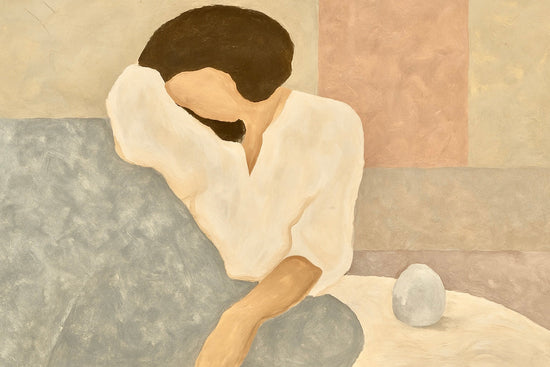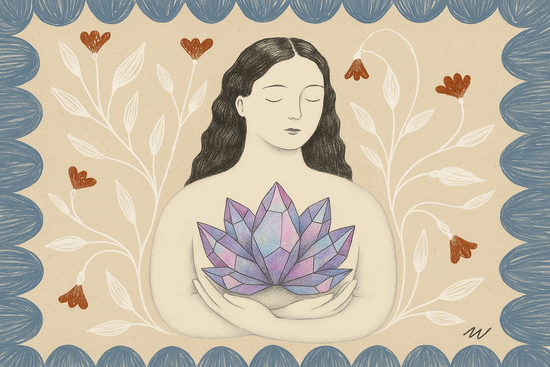It’s ironic that in a world more connected than ever, so many of us are quietly desperate to disconnect not from others necessarily, but from the constant thrum of input, the performance of presence, and the pressure to keep pace. The modern soul, it seems, is not exhausted by effort alone but by attention. And increasingly, it’s seeking refuge not in escape, but in retreat.
Years ago, the notion of “going off-grid” sounded radical a privilege of the ultra-spiritual or the ultra-wealthy. But today, the idea of retreat is no longer niche. It’s become essential. Digital fasts, unplugged mornings, quiet weekends these aren’t indulgences; they’re survival tools. They’re intentional pauses in a culture that runs on overstimulation.
We scroll not to find something, but to fill something. The stillness we avoid is the very space the soul needs to breathe. Silence once neutral is now foreign. But in that foreignness lies its power. Because when we finally step back from the noise, something happens: we hear ourselves again.
This craving for retreat is not just emotional; it’s biological. Neuroscience tells us that intentional silence can lower cortisol, improve memory, sharpen creativity, and deepen empathy. In moments of quiet, the brain shifts into a state linked to self-reflection and insight. The body, too, exhales. But beyond the science, there’s something less measurable and more meaningful at work: the soft, steady return to your own rhythm.
In a culture obsessed with output, choosing to retreat can feel rebellious. But maybe that’s the point. Stillness is not the absence of life it’s the presence of awareness. And for the soul that’s constantly bombarded, retreat isn’t a luxury. It’s a return.
So if lately you’ve been craving quiet, less screen, more sky, more breath it’s not just a mood. It’s your soul remembering something it was never meant to forget.
And perhaps the most radical thing you can do in a world that never stops… is to stop.
CRYSTALS
Where Thoughts Become Form




